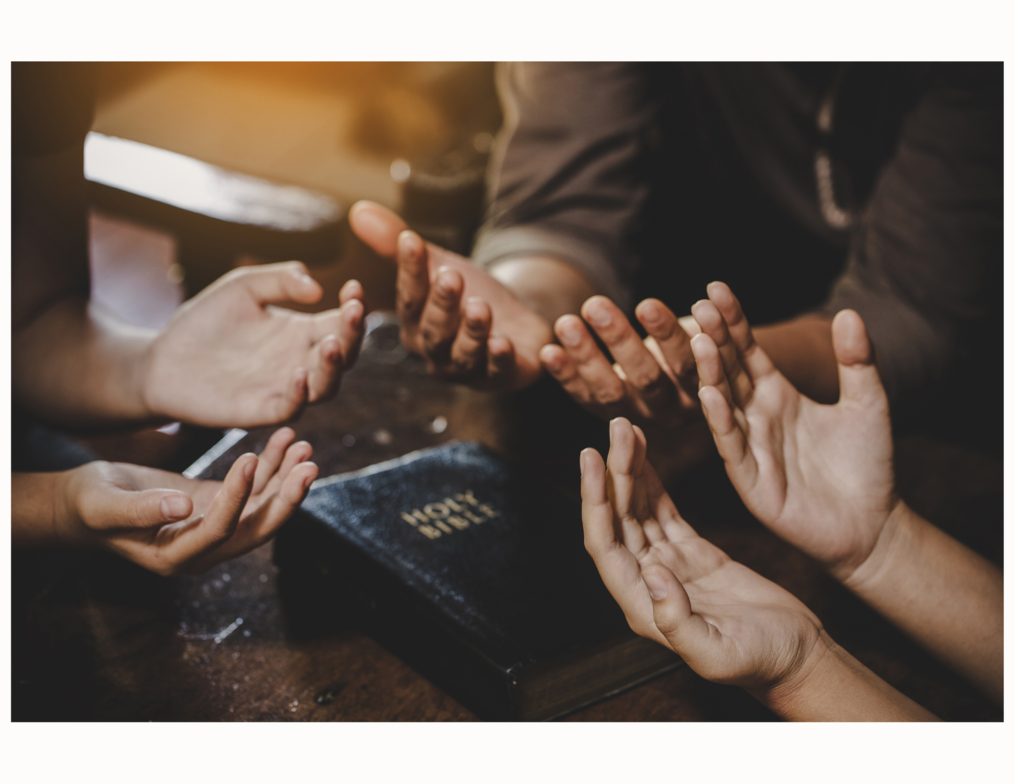What is Charge Conference?

What is a charge?
A charge refers to the appointment of a pastor to a church or ministry setting. The term has historical roots in the early Methodist movement, when local societies met in homes or shared spaces rather than dedicated church buildings. John Wesley appointed preachers to take “charge” of these societies—a term that endures today. A charge now refers to any church or entity to which a United Methodist pastor is appointed.
Is a charge the same as a church?
Sometimes, but not always. A charge may consist of a single congregation, but it can also include multiple congregations served by the same pastor. In these multi-church charges, congregations retain their individual identities while sharing pastoral leadership.
What is a charge conference?
A charge conference is an annual meeting of the leadership of a pastoral charge, held to make key decisions on behalf of the congregation(s). The meeting is presided over by the district superintendent. Voting members of the charge conference include all clergy appointed to the charge and members of the church council(s). Retired clergy and retired diaconal ministers who hold membership in any of the congregations are also members of the conference.
Most charges hold their annual conference in the summer or fall, but additional conferences may be scheduled throughout the year with approval from the district superintendent. These gatherings can take place on church grounds or at another designated location. In some cases, the superintendent may choose to hold multiple charge conferences in one setting on the same day. A secretary is appointed for each charge conference to ensure accurate documentation of the proceedings.
What are the duties of the charge conference?
The conference’s responsibilities include the following:
- Reviewing and evaluating the overall mission and ministries of the charge
- Approving new lay leadership appointments and positions for the upcoming year
- Adopting a budget for all congregations within the charge
- Recommending candidates for ordained, lay or other forms of ministry
- Setting salaries and compensation for pastors and staff appointed by the bishop
- Supporting the formation of satellite congregations with the district superintendent’s approval
- Reviewing annual membership records for each congregation
- Electing a church historian
What is the difference between a charge conference and a church conference?
A charge conference is required annually by the Book of Discipline and includes all appointed and retired clergy as well as members of the church council. In contrast, a church conference is a broader gathering that may be held instead of—or in addition to—a charge conference. All professing members of the charge are invited to attend and vote at a church conference.
Church conferences are not required by the Book of Discipline but may be requested by the pastor, church council or a petition signed by at least 10% of professing members of the charge. The district superintendent will consider these requests and determine whether a church conference is warranted.
If a multi-church charge requests a church conference, this can be done in one of two ways based on the wishes of the members and the discretion of the district superintendent.
- A single conference consisting of all the professed members and appointed clergy to all congregations within the charge
- Separate meetings for each congregation within the charge
Why are charge conferences important?
Charge conferences provide a vital connection between local churches and their district superintendent. They reflect the connectional nature of The United Methodist Church, where decisions are made cooperatively by clergy, laity, congregations and connectional leadership. These conferences help ensure alignment in mission, accountability in leadership and continuity in ministry across the denomination.